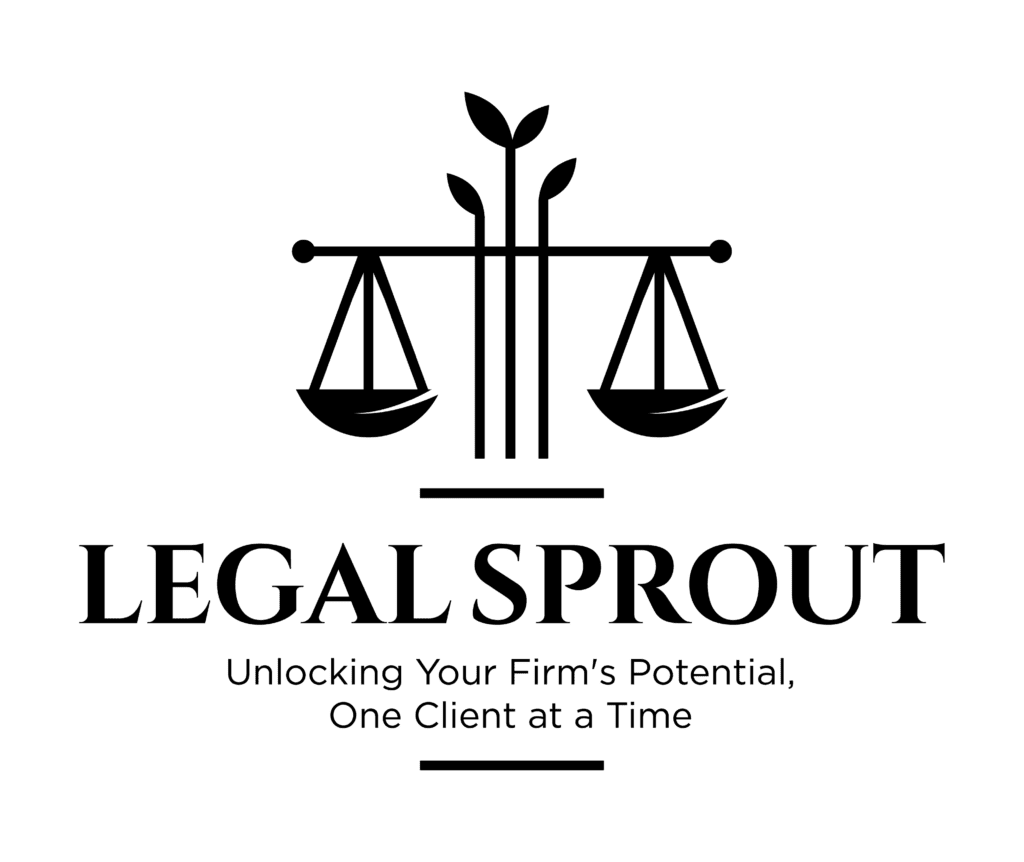Navigating the Foreclosure Process in North Carolina
Foreclosure procedures in North Carolina can occur through judicial or non-judicial means, though non-judicial processes are more common. Homeowners should be aware of their rights and the timelines involved, including the necessity for lenders to issue a pre-foreclosure notice. Understanding these processes is crucial in preparing an appropriate response.
Understanding the Impact of Foreclosure
Foreclosure affects numerous families and individuals in North Carolina each year, significantly impacting military personnel and retirees due to their unique financial situations. This post aims to illuminate the foreclosure process in North Carolina and highlight the importance of legal advice in navigating these challenging times.
Legal Protections for Homeowners
North Carolina offers several protections for homeowners, such as the North Carolina Foreclosure Prevention Fund, which provides assistance to qualifying homeowners. Familiarity with these laws can offer pathways to potentially halt or slow the foreclosure process.
The Benefits of Legal Intervention
Legal support can significantly alter the outcome of a foreclosure situation. Strategies a lawyer might employ include:
- Loan Modification: Negotiating terms to potentially lower payments.
- Forbearance Agreements: Temporarily reducing or suspending payment obligations.
- Bankruptcy Filings: Utilizing Chapter 13 bankruptcy to reorganize debt and stop foreclosure.
Correcting Misconceptions About Foreclosure
Many homeowners believe myths about foreclosure that can adversely affect their decisions. It’s crucial to understand that:
- Leaving your home immediately is not always necessary.
- Foreclosure processes can sometimes be paused or stopped.
Practical Steps to Combat Foreclosure
If you’re facing foreclosure, consider these steps:
- Contact Your Lender: Discuss your financial difficulties and potential options.
- Gather Financial Documentation: Organize all relevant financial documents as they will be crucial throughout the process.
- Consult with a Bankruptcy Lawyer: A lawyer can provide guidance specific to your situation and help navigate the legal complexities.
For residents of North Carolina, especially in areas with significant military and retiree populations, understanding local resources is vital. Discussing state-specific programs can provide additional support options.
Have more questions? Consult with an attorney for FREE
We encourage anyone facing foreclosure to consult with our experienced attorneys. With specialized knowledge in real estate and bankruptcy law, we’re equipped to advise you on the best course of action to protect your home and financial future.
Contact us or call us directly at (252) 633-2700
This blog is for informational purposes only and does not constitute legal advice. Reading this blog does not establish an attorney-client relationship.




